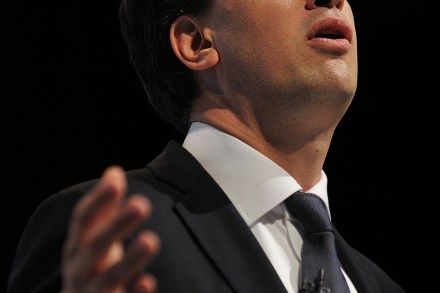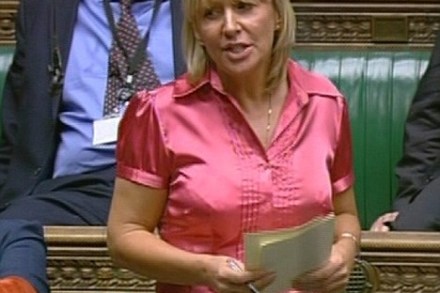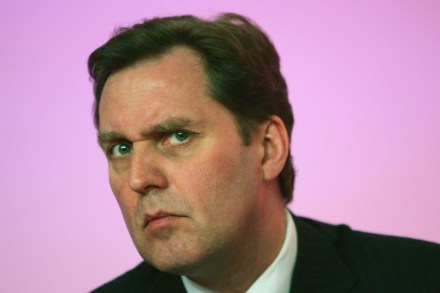Lansley stakes his claim on the post-2015 budget
Look slightly to the left, CoffeeHousers, and what you’ll see is the cover image to this week’s Christmas double issue of The Spectator — a brilliant send-up of Bruegel’s ‘The Hunters in the Snow’ by Peter Brookes. You’re now able to buy your own copy, but we thought we’d pull out an intriguing little snippet from James Forsyth’s interview with Andrew Lansley, by way of a taster. The Health Secretary, it seems, isn’t just determined to see health spending rise in real terms in this parliament, but beyond that too: ‘I ask him whether, despite the ramifications of the autumn statement, the NHS budget will still be immune from cuts.




















